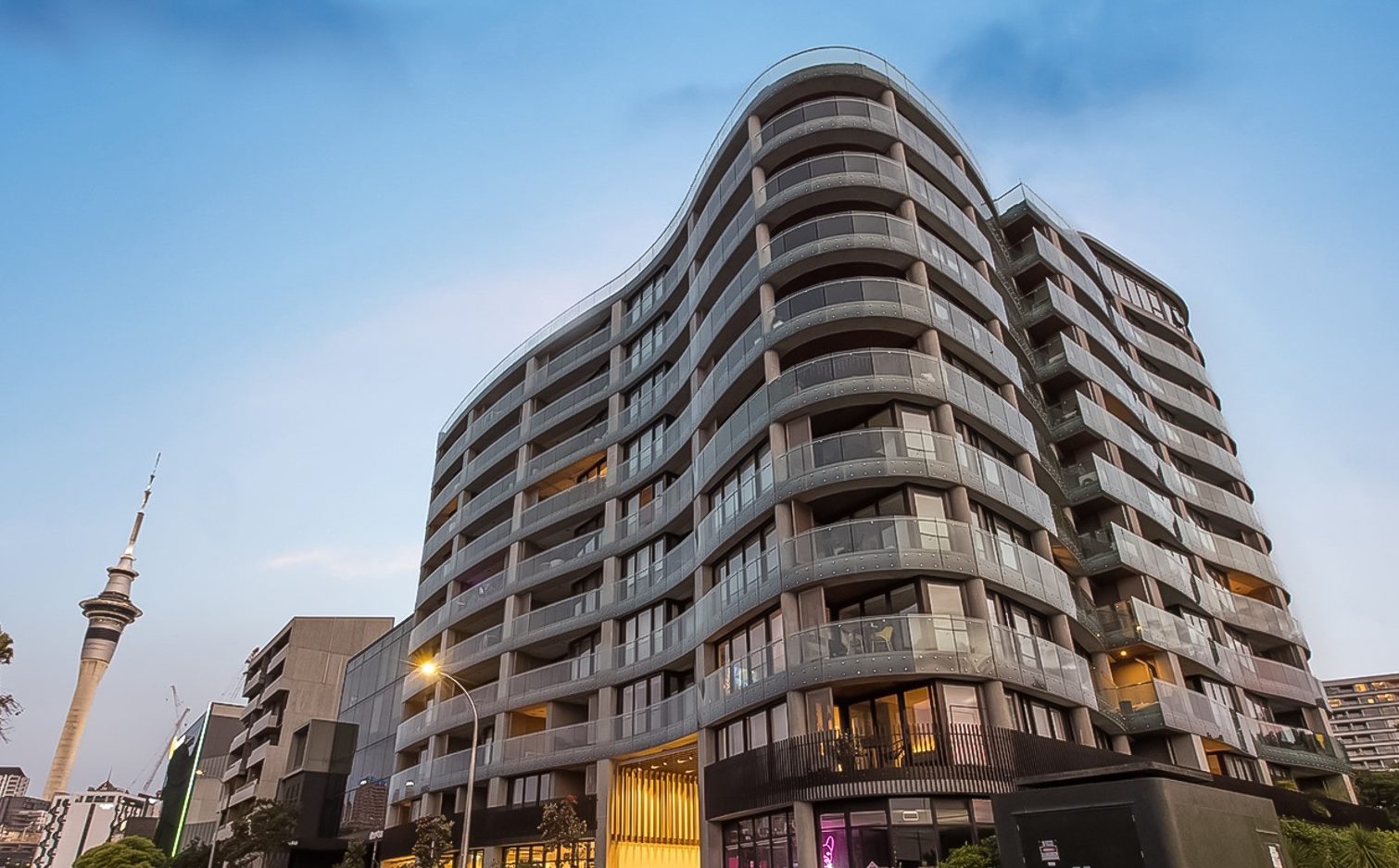Many Auckland apartment owners are selling their units at a loss, new data shows.
CoreLogic’s latest Pain and Gain report reveals that the number of properties sold for less than their purchase price has increased. In the second quarter of this year, only 92.1% of properties were sold for a profit, down from 93.3% in the first quarter. This is the lowest percentage since 2015.
The situation is worse for apartments. Nationwide, 35% of apartments were sold at a loss, the highest rate since 2012. In Auckland, the figure was even higher, with 44% of apartment sales resulting in a loss.
CoreLogic’s chief property economist, Kelvin Davidson, explained that apartments sold at a loss were typically held for a median of 4.2 years, compared to 2.7 years for all loss-making property sales. The median loss for apartments was $50,500, slightly more than the $50,000 loss for standalone houses.
Davidson noted that apartments generally have slower price growth compared to houses. They often don’t appreciate as much because they lack the land component that drives up house prices. Most buyers purchase apartments for rental income rather than capital gains.
On the flip side, the median resale profit for all properties was $301,673. Houses had a median profit of $300,000, while apartments had a median profit of $135,000.
Davidson pointed out that while Auckland apartment values have dropped 5% from their peak in March 2024, this decline is not drastically different from the 4% drop for standalone houses. Compared to their 2021 peak, Auckland apartment values are down about 16%, whereas house values are down 21%. This indicates that apartment values are not collapsing but rather adjusting.
Davidson suggested that the rise in loss-making apartment sales might be due to investors rebalancing their property portfolios, deciding to sell apartments and invest in other types of properties.
Nationally, 7% of owner-occupier sales were at a loss, compared to 8.2% for investor sales. The median resale gain for investors was $315,826, slightly higher than the $297,500 gain for owner-occupiers. The median loss for both groups was $50,000.
Davidson said that while the property market might remain sluggish for a while, it could improve by 2025. Wellington properties had the longest median hold period for a gain, at 11 years.
Ed McKnight, an economist at Opes Partners, noted that there hasn’t been a significant rush of investors selling due to the bright-line test change in July. However, there has been an increase in property appraisals, which could indicate a future rise in sales.
Scott Dunn, a sales manager at City Sales, mentioned that investor activity has picked up recently, with more investors looking to sell. He emphasized that the losses are not limited to apartments but affect all residential properties, depending on when they were bought.
Davidson concluded that the key to avoiding a loss is to hold onto the property for a longer period. If you buy and sell quickly, there’s a higher chance of making a loss. However, if you hold onto it for a long time, you’re more likely to make a profit. TIN Bureau


